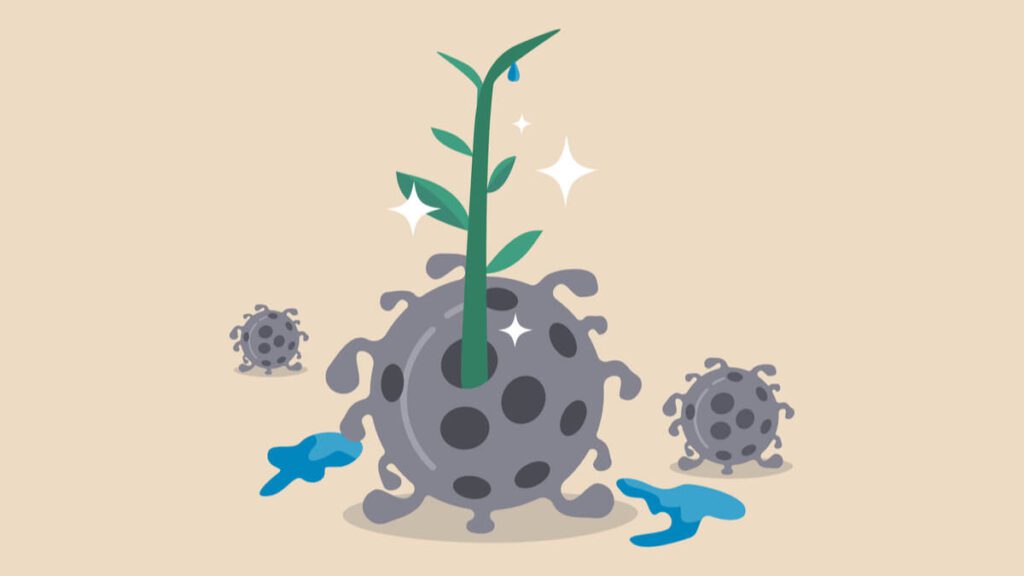
In a panel by the European Research and Innovation Days, several panelists gather to discuss the economic and social post-pandemic recovery of Europe. What the speakers propose may worry some and delight others. Can the COVID-19 pandemic be the push we need to change our perspective on sustainability?
Among the panelists tackling the issue, Stephanie Kelton, a Professor of Economics at Stony Brook University, said that what countries need right now “is a level of sustained support, of investment, on a wartime footing.”
Replacing fiscal targets with climate targets and social targets is essentially what the panelists like Kelton are calling for. Europe’s post-pandemic recovery plan must be a holistic one.
“We need responses and visions and economic frameworks that bring these (challenges) together and don’t try to respond to them one at a time,” said Kate Raworth, Economist from the University of Oxford.
Her newly developed ‘doughnut economics’ model not only considers the economic necessities for GDP growth, but also takes into account the basic needs of all as well as environmental sustainability.
“The idea of the doughnut is to leave no one in the hole in the middle, falling short on the essentials of life – without food, water, health, transport, housing, income, gender equality, political voice,” Raworth continued. “If we use Earth’s resources too much, in the wrong way, we push ourselves over an outer limit. We cause breakdown of the life-supporting systems on which the planet depends.”
One large obstacle might be that most current post-pandemic recovery plans come at a steep environmental cost, which may complicate future sustainability goals. According to Carlota Perez, Honorary Professor University College London, “[There is] a big confusion that exists today. Most [economic] growth advocates think that green is an obstacle, and many green advocates want to stop growth. Saving the planet is the best way to save the economy.”